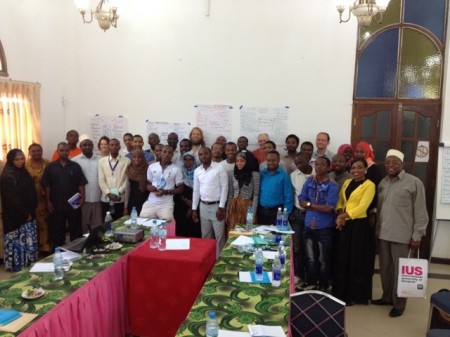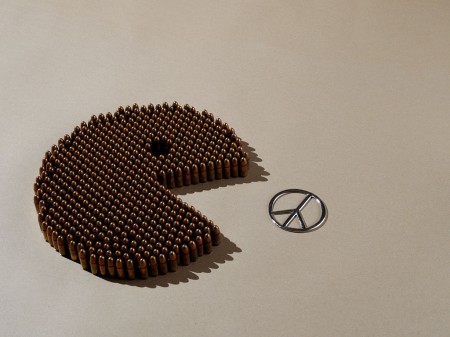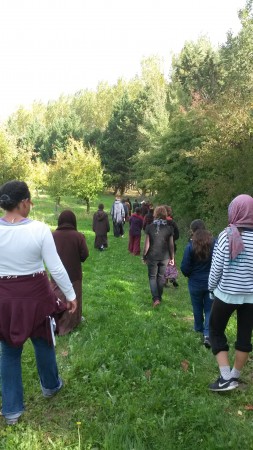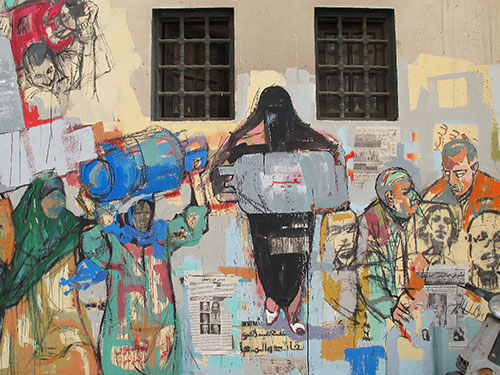
Mediation Perspectives is a periodic blog entry provided by the CSS’ Mediation Support Team and occasional guest authors. Each entry is designed to highlight the utility of mediation approaches in dealing with violent political conflicts.
“In the absence of vision
The earth starts to vomit skeletons long buried,
Once swallowed by time,
As politics become a means to amass wealth,
You can buy a vote at thirty pieces of silver …”
Excerpt from “In the Absence of Vision.”[1]
– Freedom Nyamubaya
Daniel Bowling and David Hoffman argue that mediators go through three stages in their training. They first learn skills and techniques, then they learn to
intellectually understand how mediation processes work, and finally they take the most challenging step – i.e., they develop “self-awareness, presence, authenticity, congruence, and integration,” which are qualities that “can be learned but . . . cannot be taught.” [2]
One way of learning such qualities is letting oneself be inspired by other people – mediators and non-mediators alike – who have such presence. The late Freedom Nyamubaya (1957–2015) was such a person, as I would now like to discuss in this partial commemoration and partial reflection on how to mediate well.
Freedom Nyamubaya was a freedom-fighter in Zimbabwe’s war of liberation. She joined the struggle at age fifteen and later advanced to the rank of Female Field Operation Commander. After the war she was active as a farmer, development worker and poet. In recent years she also became involved in peace and security issues as a Trustee for the Zimbabwe Peace and Security Programme. While she would not have called herself a mediator, she did work tirelessly to build bridges across conflict divides and was a powerful source of inspiration to many people within and outside of Zimbabwe.




